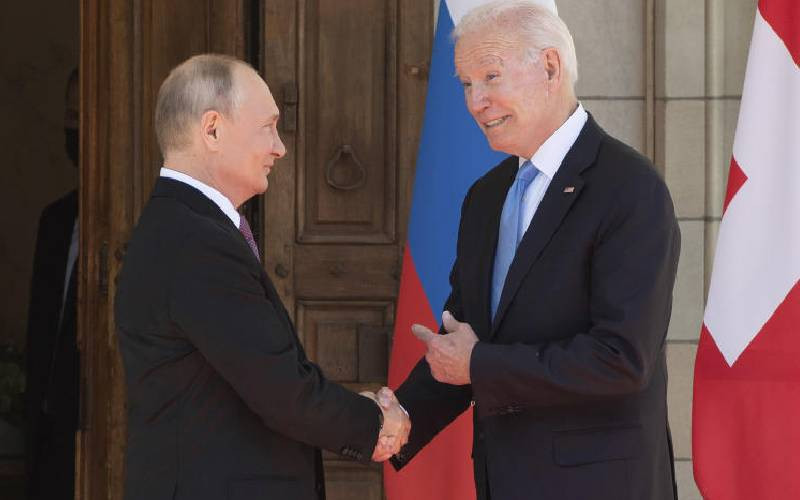×
The Standard e-Paper
Stay Informed, Even Offline

Rarely does an engagement involving a journalist and the leader of a powerful country lead to geopolitical rumbles as did the Tucker Carlson interview with Russian President Vladimir Putin in Moscow.
Carlson, a former FOX TV journalist, is of a 'conservative' bend and likes grating the liberal establishment represented in the mainstream media. He shot into unexpected stardom by going against the grain to have a two-hour interview to give Putin a chance to give his side of the story about world affairs.